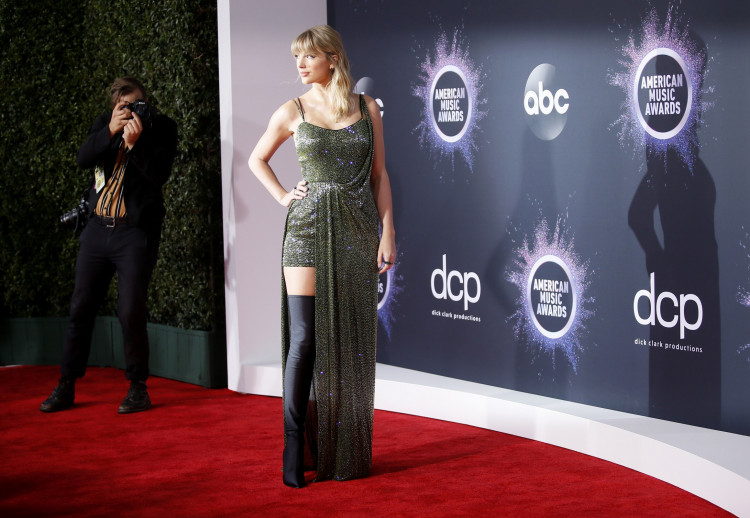In the complex interplay of celebrity, privacy, and security, Taylor Swift's situation encapsulates the modern challenges faced by public figures. The pop sensation, already navigating the perils posed by stalkers and the scrutiny from political adversaries, now confronts a unique invasion of her privacy: the real-time tracking of her private jet by a college student, which has escalated to legal confrontations.
Taylor Swift's legal representatives have issued a cease-and-desist letter to Jack Sweeney, a University of Central Florida student, whose activities they describe as "stalking and harassing behavior." Sweeney, who has gained notoriety for tracking the flights of high-profile individuals, including Elon Musk and Mark Zuckerberg, has been publishing detailed movements of Swift's jet on social media platforms. This has reportedly left the singer in a "constant state of fear for her personal safety," according to the cease-and-desist order reported by The Washington Post.
The legal notice underscores the gravity of the situation, highlighting Swift's history with stalkers and the potential for harm. "While this may be a game to you, or an avenue that you hope will earn you wealth or fame, it is a life-or-death matter for our Client. Ms. Swift has dealt with stalkers and other individuals who wish her harm," the document states, emphasizing the real-world implications of Sweeney's actions.
Sweeney, on his part, maintains that his actions are driven by public interest and argues that the tracking of private jets constitutes public information. "I think the people are interested," Sweeney stated in an interview with Business Insider. "You should have a decent expectation that your jet will be tracked, whether or not I do it, as after all, it is public information."
In response to Swift's legal action, Sweeney has sought legal counsel, with his attorney arguing that the cease-and-desist order is "unfounded" and that Sweeney's activities fall within the realm of "protected speech" that does not infringe upon Swift's legal rights.
This incident has reignited the debate over the boundaries of privacy for public figures, especially in an era where digital tools and social media can easily pierce the veil of secrecy that once shielded the movements of the elite. Moreover, Swift's environmental impact has come under scrutiny, with her topping the list of celebrities whose private planes emitted the most carbon in 2022, adding another layer to the public's vested interest in her travel habits.
As this legal and ethical drama unfolds, it highlights the evolving nature of celebrity privacy, the responsibilities of public figures, and the rights of individuals to engage in what they perceive as newsworthy endeavors. The resolution of Swift's confrontation with Sweeney may set precedents for how privacy, security, and freedom of information are balanced in the digital age.






